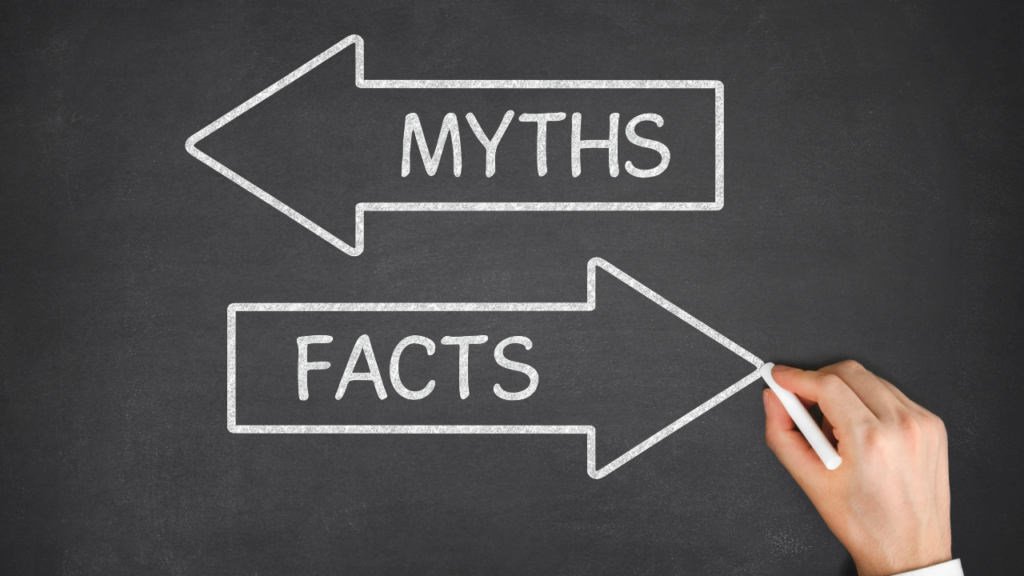Discover the truth behind common health myths that may be impacting your lifestyle choices. Join us as we debunk these misconceptions and provide evidence-based insights to help you make informed decisions for a healthier and more balanced life. Gain a deeper understanding of popular beliefs and learn how to separate fact from fiction, empowering yourself to prioritize your well-being. Let’s bust those myths and pave the way for a happier, healthier you!
Common Health myth #1: Debunking the Late-Night Eating Myth
Contrary to popular belief, eating late at night does not directly lead to weight gain. While excessive calorie intake at any time can contribute to weight gain, the timing of when you eat does not affect your metabolism or the number of calories your body processes. Late-night snacks are typically smaller and may make it harder to consume excessive calories in one sitting. The key to a healthy diet lies in what you eat throughout the day, rather than focusing on a single meal.
Understanding the Role of Carbohydrates
Carbohydrates are an essential part of a balanced diet and should not be feared. Consuming carbohydrates does not automatically lead to weight gain. It’s more about the type of carbohydrates you choose. Opt for whole grains, fruits, and vegetables that are rich in fiber, vitamins, and minerals. These types of carbohydrates provide necessary nutrients while being low in calories, making them a healthy choice for overall well-being.
The Truth About Skipping Breakfast
Skipping breakfast does not guarantee weight loss. In fact, it can backfire by leading to overeating higher-calorie meals later in the day. Breakfast provides essential energy and nutrients to kickstart your day. Eating a balanced breakfast that includes proteins and complex carbohydrates can help maintain steady blood sugar levels, reduce cravings, and improve concentration levels throughout the day.
Debunking Detox Cleanses
Detox cleanses are unnecessary and can be potentially harmful. Our bodies have natural mechanisms, such as the liver, kidneys, and sweat glands, to eliminate toxins. Detox cleanses often involve extreme calorie reduction, leading to side effects like fatigue, dehydration, and nutrient deficiencies. Instead, focus on a balanced diet and healthy lifestyle habits to support your body’s natural detoxification processes.
The Truth About Low-Fat Diets
Low-fat diets are not necessarily healthier than other diets. They can often promote the consumption of processed foods that are low in fat but high in unhealthy ingredients. Healthy fats, such as those found in avocado, nuts, and olive oil, are crucial for optimal health. Including a moderate amount of healthy fats in your diet is important for nutrient absorption, energy production, and hormone regulation.
Final Thoughts on Common Health Myths
By debunking these common health myths, we empower ourselves to make informed decisions about our health. It’s crucial to consult with healthcare professionals and rely on evidence-based information when it comes to nutrition and lifestyle choices. Remember, a balanced diet, regular exercise, and proper rest are the key pillars of maintaining a healthy lifestyle.
Unravel the myths and embrace a healthier life today!








